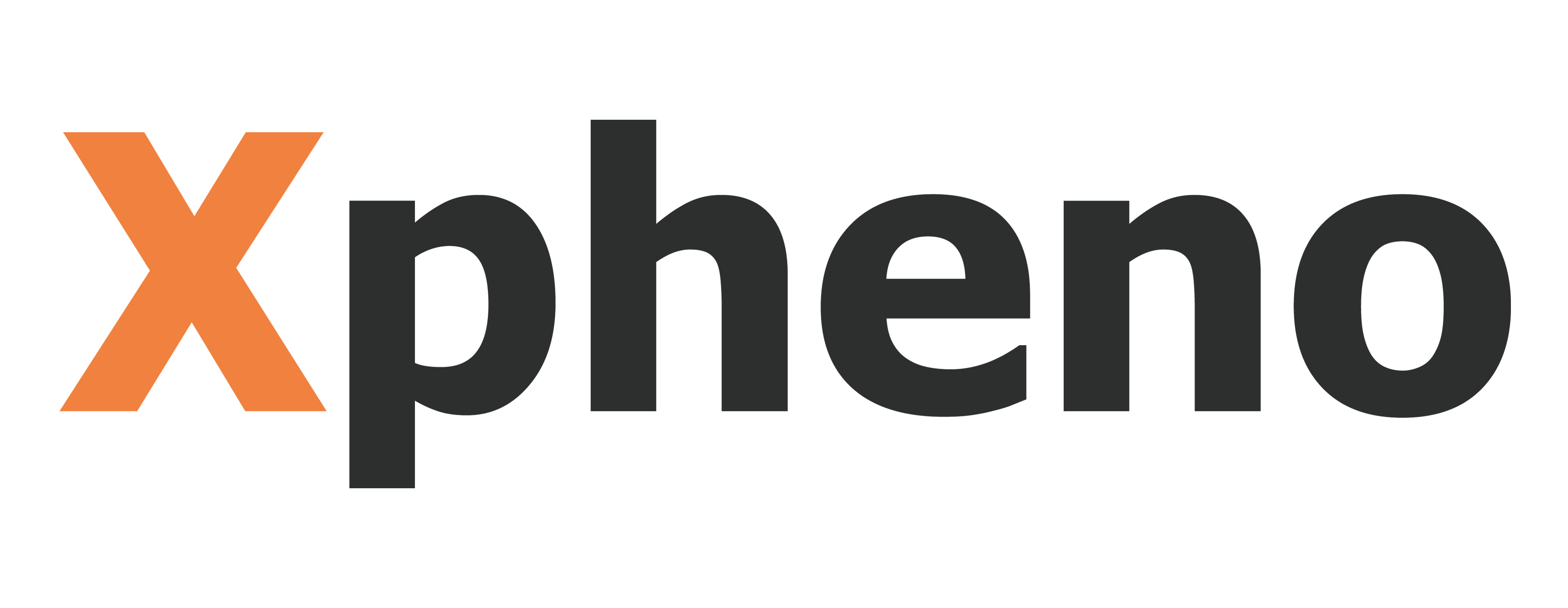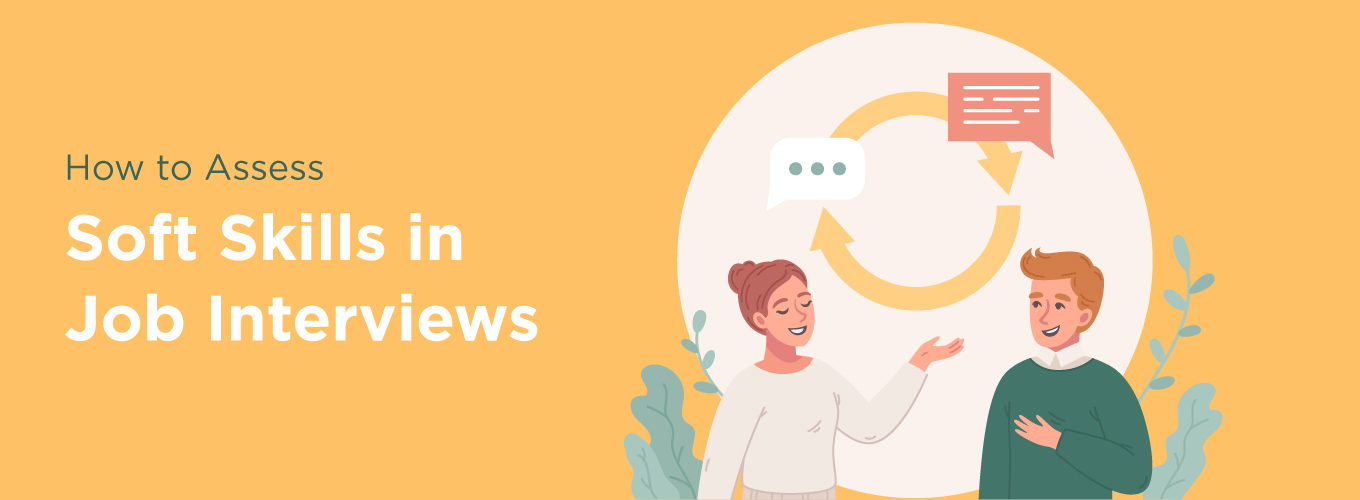What are Soft Skills?
Soft skills are interpersonal, social, and communication attributes important at work and elsewhere. They are based on the individual’s personality rather than technical competence or special knowledge, allowing one to engage and adapt effectively in many situations.
Soft skills comprise verbal and written communication skills where one must communicate the message well and actively listen while at it. Furthermore, intrapersonal skills include empathy, teamwork, and relationship building that promote positive working conditions and effective partnerships.
Soft skills such as problem-solving, critical thinking, and adaptability include the ability to assess situations, make reasonable decisions, and have flexibility towards new challenges. Additionally, soft skills such as leadership skills, time management, emotional intelligence, and conflict resolution also make a complete package of effective workers.
Table of Contents
What are the seven major soft skills for the interviews?
Most soft skills are important, depending on your industry and position. The following major soft skills listed are considered essential for most careers:.
Communication Skills: In any role, one should be able to articulate their thoughts clearly, actively listen, and express information coherently. It includes both oral and written communication.
Teamwork: Employers look for people who can cooperate well with others and contribute positively to various situations in a team. This attribute of teamwork is very respected.
Adaptability: It is important to have the ability to adapt to a new problem, environment, or task. Flexible professionals have a knack for adjusting to prevailing situations. Hence, employers find them valuable.
Problem-solving: This attribute enables one to assess complex scenarios, solutions, and good decision-making when making choices. Having strong problem-solving skills helps candidates differentiate themselves.
Critical Thinking: They prefer individuals with crucial reasoning abilities, data review skills, and good decision-making skills. Critical thinking encompasses observing events as they occur with total impartiality and arriving at reasonable outcomes.
Leadership: It is important, even for non-managerial jobs, to show one’s ability to lead by instigating change, creating enthusiasm in others, and effecting favourable results.
Emotional Intelligence: Emotional intelligence involves knowing oneself, having concern for others, and mastering emotional intelligence skills. Those candidates with such attributes tend to handle work relationships and situations well.
How is adaptability related to soft skills?
Soft skills relating to adaptability are key to businesses in dynamic environments. Such skills, among others, are the flexibility to change plans or ways, the ability to recover from failures or setbacks quickly, the ability to solve problems in any environment, the capacity to learn new things very fast, adaptability, the ability to be flexible when confronted with different tasks, and being very receptive to feedback. It is of paramount importance that people develop these competencies for them to be able to survive in the competitive marketplace that involves constant change, quick thinking, and the ability to adapt to different settings.
Flexibility: adjusting without resistance to different situations, circumstances or demands. However, such people can easily adjust and transform their strategy or plan.
Resilience is the ability to bounce back after failures, obstacles and change. Resilient people remain calm in the face of stress and recover well after experiencing difficulties.
Problem-Solving in Various Contexts: Resilient people can perceive issues from different standpoints and develop new approaches regardless of the context or setting.
Learning Agility: Speedy comprehension and application of new information, competence, and processes. One of the characteristics that can be identified is being flexible and adjusting quickly to the techniques of technology, procedures, and tasks.
Versatility: Flexible human beings can easily move from one task to another as they work on various assignments, duties, and initiatives. This is made possible by their diverse skill set, which allows them to be productive in various fields.
Receptiveness to Feedback: In turn, flexible individuals take feedback positively and use it as building blocks to enhance their overall performances. These can take inputs and adapt to them to grow.
Proactive Mindset: It involves being forward-looking to anticipate and prepare for change. Forward-looking individuals are capable of flexibility and adaptability; they do not just sit but move toward change in dynamic situations.
How can You Improve Your Problem-Solving Skills?
A systematic approach is involved in improving problem-solving skills. The analysis begins by clearly understanding the challenge and subdividing it for clarity. Finally, think freely and come up with different possible solutions. Assess the applicability of all possible solutions to the expected benefits. Ask other people for their point of view and learn. Critical thinking towards weighing various options and the effects associated with them. Put in place the chosen solution and learn from the outcome to adjust strategies accordingly. Encounter problem-solving-related activities often include successes and errors used for experience purposes. Repeated application of these steps will greatly improve the person’s ability to tackle intricate issues.
Understand the problem: Ensure you understand the situation well before taking action. Analyze its key components and undercurrents to break it down into small pieces.
Brainstorm Solutions: Offer several alternative solutions before assessing them. Try to be creative by looking at your issue from different perspectives.
Evaluate Options: Consider each solution’s feasibility, effectiveness, and possible impact. Think in terms of both the short-term and long-term consequences.
Seek Perspectives: Seek other people’s opinions on this problem. Work with others, such as colleagues or mentors, to get various perspectives and alternative means of approaching a problem.
Use Critical Thinking: Carry out logical reasoning and critical analysis and compare each solution’s pros and cons. Think about how different decisions could change the situation.
Experiment and learn: Select the most effective solution and evaluate its effect. View trial and error as an ongoing learning process—experimenting with alternative ways of doing things based on results.
Continuous Learning: Participate in activities of a brain-challenging nature, like puzzle-solving games and real-world scenarios. Use successes and failures to learn and improve.
Stay open-minded: Adopt a flexible attitude toward finding other ways of coping. At times, weird thinking methods may solve problems in uncommon ways.
Practice Regularly: Work on issues systematically and constantly in both professional and private life.
How do you Improve Your Soft Skills?
Identify Areas for Improvement: Through self-reflection, you get to identify the weaknesses in your soft skills. Evaluate how people you work with—your bosses, colleagues, or yourself—see your weaknesses and how these can be improved through practice.
Practice Effective Communication: Actively listen, articulate thoughts, and empathize with others when talking. Improve your ability to communicate across various scenarios by availing of any such opportunity.
Develop emotional intelligence: Understand and manage emotions effectively. Engage in empathy and practice self-awareness and self-regulation of your emotions to build robust professional relationships in various situations.
Cultivate Collaboration and Teamwork: Attend meetings; be interactive in a group setting; offer ideas; and collaborate as an effective team player. Join group tasks to develop teamwork abilities.
Enhance Problem-Solving and Adaptability: Indulge in difficult problem-solving activities. Make it a point to embrace change and try new things to keep up with changing circumstances more quickly.
Continuous Learning: Participate in soft skills training programs such as workshops, courses, and seminars. Reading books on this topic from well-established authors or listening to podcasts can also promote a better understanding.
Seek feedback and apply it: Ask colleagues or mentors for an honest review and make relevant changes accordingly. Soft skills are a product of constant improvement.
Conclusion
Determining soft competencies during the job interview process goes a long way, bypassing just the technical expertise. Introduce behavioural questions to form the base and invite candidates to provide examples of past experiences that illustrate particular soft skills—problem-solving, teamwork, etc. Such role-play exercises or simulations demonstrate the candidate’s capabilities in practice, especially communication and conflict resolution skills. Therefore, reference checks provide external verification, allowing employers to confirm so-called ‘soft skills’ using previous experience. The other consideration is using specialized assessments to measure emotional intelligence and leadership competence, which also help structure the overall evaluation process. Observing a candidate’s behaviour, gestures and interaction style during the interview is important. Employing several techniques for assessing the soft abilities of applicants guarantees an objective assessment that allows the right person to consider the company’s specific requirements.
Frequently Asked Questions
1. How do you evaluate interview skills?
You can evaluate a person’s interview skills by looking into their communication clarity, their responses to the questions, and their ability to articulate their thoughts and achievements properly.
2. What are some soft skills interview questions?
Some questions that are asked in interviews about assessing your soft skills are as follows :
- Please describe a situation where adapting to fast-paced changes was necessary during your career challenges. state your approaches?
- Give an example of how you solved disputes among your team or client, and describe your strategy.
3. What are the methods of soft skills assessment?
Behavioural Interviews: interviews are based on behavioral questions about their experience during their previous jobs and how they acted in situations concerning teamwork, conflict resolution, or leadership.
Role-playing or simulations: Mimicking practical scenarios and allowing candidates to demonstrate their soft skills in practice, focusing on communication, problem-solving, and customer service skills.
Assessment Centers: All-encompassing assessments that incorporate several exercises, team tasks, and psychometric tests, as well as provide information about candidates’ social skills, leadership qualities, and their skills of working within a team.









